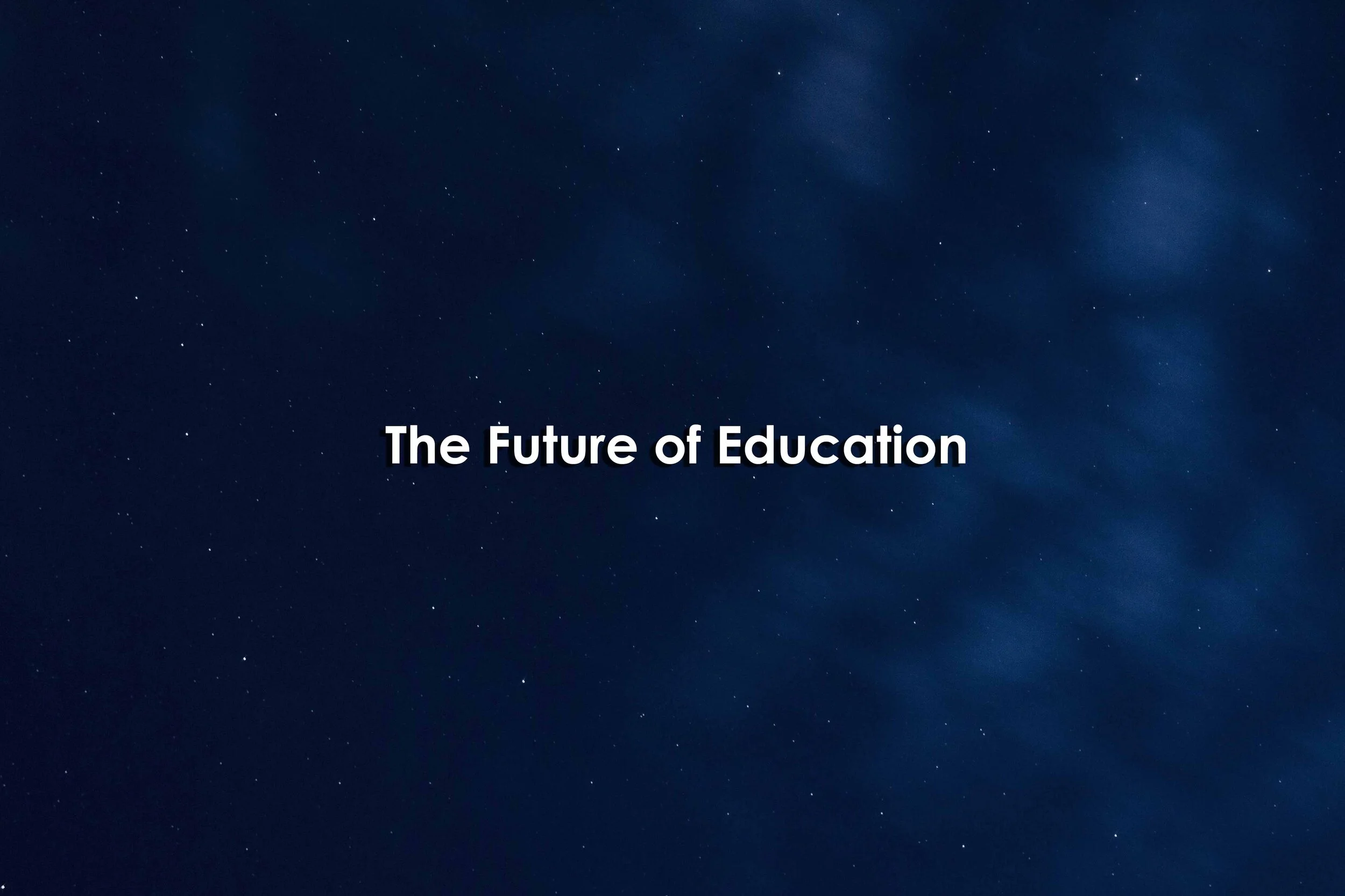The Future of Education
The Future of Education
The Future of Education
By Chris Rizzi
April 1 2021
Summary
Digital devices are being increasingly adopted for learning and education purposes.
Dr. Paul Mensink, professor at Western University, takes his students on a marine biology field course in New Brunswick every year.
The trip provides the students with real- world scenarios of ecosystem issues.
"I can pack the same amount of learning that would be done by taking students out on a 2 to 3-hour field trip, into a 5 to 10-minute virtual reality experience." With virtual reality, Dr. Mensink is bringing together technology and environmental education, to create a better experience for students.
"I can take the students out to places that they otherwise would not be able to go to and give them a more interactive and immersive learning experience." In a VR simulation, students use headsets to view their surroundings.
His goal is to create an attachment to the learning by allowing students to visualize the data of which they are analyzing in class.
The simulation will teach students about proper sampling designs, observation bias, and collection of one's own data.
Virtual reality can sometimes be so overwhelming for the students that they are unable to report on what they are seeing in real time.
Where does the future lie? Rather than simulations being occasional, faculty-led, day-long events, VR simulation will continuously expand and improve in performance to suit learners needs.
Imagine if every environmental student learns, like medical students, from virtual reality and augmented reality.
Reference
Rizzi, C. (2021, April 01). The future of education? Retrieved July 14, 2021, from https://www.alternativesjournal.ca/community/education/the-future-of-education/


